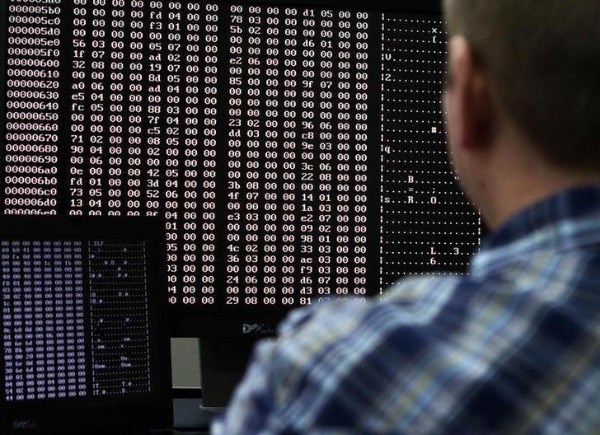Estonia will train cyber soldiers for NATO
According to Russia's Izvestia newspaper, the Estonian Ministry of Defense announced plans to modernize Europe's largest cyber training ground which was established in 2011 to train personnel in combating cyber threats. The Defense Ministry of the Republic explained to Izvestia that the facility is being upgraded in the interests of NATO, of which the country has been a member since 2004. In turn, NATO indicated that the upgrade concerns only the expansion of cyber defense capabilities.
The modernization of the cyber training ground, which is one of the Estonian Military Department’s priorities, will begin later this year. It will be implemented at NATO’s expense. However, the exact time frame and the amount to be spent are classified. A spokesman for the Ministry of Defence of Estonia, Andres Sang, confirmed to Izvestia that Tallinn supports NATO's efforts in combating cyber threats, including the deployment of the cyber training ground and the NATO Cooperative Cyber Defence Centre of Excellence.
Previously, the Director of Defence Investments of the Department of the Estonian Defense Ministry, Kusti Salm, told IHS Jane's news agency about the plan to develop the cyber training ground which, in particular, will require automation of the "ability to generate both defensive and offensive means" of a cyberwar.
The cyber training ground is located in Tartu and has been the training ground for the Cyber Coalition, NATO's largest Cyber Defence Exercises on four occasions. The last one was conducted in early December 2016. During the exercise, the repelling of a massive cyber-attack on the computer systems of the member countries of the alliance was simulated. The cyber-attack alert mechanisms and the coordination of countermeasures were thoroughly tested. Several hundred cyber fighters from NATO countries as well as from Austria, Finland, Ireland, Sweden, Switzerland, Japan, and Algeria came together to participate in the event.
As the officials from the NATO headquarters explained to Izvestia, the cyber training ground located in Estonia is the main ground for NATO exercises and training. During the summit in Warsaw in July 2016, the leaders of the member countries decided that the development of these capabilities would be continued.
Cybersecurity experts use the training ground to improve their performance by conducting realistic defensive drills in a virtual environment, the alliance’s official says. This allows for the simulation of a wide range of situations and is used to enhance the defensive capabilities, as well as training capacities.
At the same time, Brussels stressed that NATO has no offensive cyber potential and is not trying to create one. All NATO's actions in cyberspace are defensive in nature and satisfy the requirements of international law, the official from the alliance noted.
An independent expert on cybersecurity, Andrey Masalovich, told Izvestia that in recent years, Estonia, within its agreement with NATO, has been specializing in cyber security, cyber weaponry, and cyber reconnaissance.
NATO considers cyberspace as part of the general battlefield, and an attack in this sphere is the same as other types of aggression. After Estonia was subjected to organized cyber-attacks in 2011, NATO analyzed the situation and concluded that Estonia should become the exemplary center of combating cyber threats, says the expert. The structures created there are very well equipped and it is the center of cutting-edge training technology.
According to Masalovich, NATO has deliberately chosen a small country and is showing that even a new alliance member can advance to the forefront.
It is really a training ground, where exercises are conducted and training courses are prepared; however, they do not organize attacks, the expert explained. The European members of NATO are not very active in this regard at all. For the Russian Federation, this center in Estonia is not a threat. Estonia has never been a source of attacks. However, it would be naive to suppose that NATO has no offensive cyber potential.
